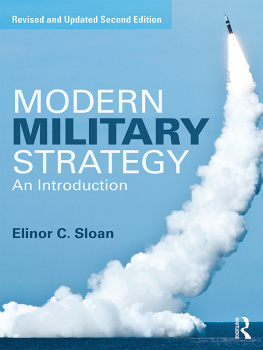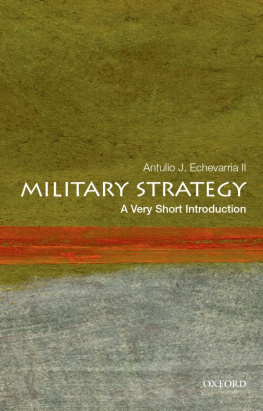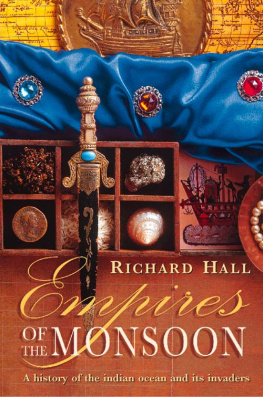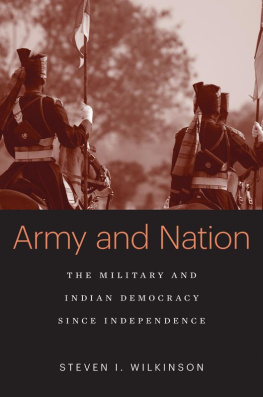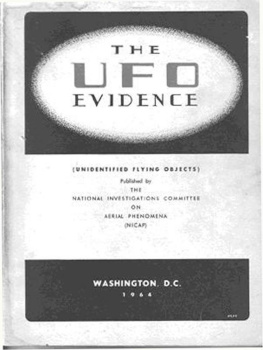1. Introduction, Book Structure and the Context of Historiography
Francis Parkman, one of nineteenth-century Americas most recognized early scholars of the French and Indian War, once commented that great events obscure the great events that came before them, as he reflected on the Seven Years War and its declining relevance in the eyes of his contemporaries. Certainly, unless one were to place the chronology of the French and Indian War in the context of fiction, such as James Fennimore Coopers iconic Last of the Mohicans and subsequent associated twentieth-century films, then widespread familiarity with this most pivotal of conflicts is very unlikely indeed. Alas, as time progresses and as new historic epochs are written, it is probable that this great war for imperial preeminence will fade yet further into the distance of national memory.
Nevertheless, the French and Indian War and the wider Seven Years War it spawned are decisive conflicts in global history. The latter was a conflagration that would be fought on all of the worlds major continents; from Europe to Asia, the Americas and Africa. Its immediate legacies included the bankrupting of nations, the wanton sacrifice of countless lives and the devastation of whole communities. In Europe, the Seven Years War led to the emergence of Russia and Prussia as great continental powers, while in North America, the French and Indian War was instrumental in laying the political foundations of the American Revolution; which in turn led to the birth of the United States of America.
What was an undoubtedly global war should, therefore, be proclaimed the true First World War and, indeed, this is how many historians now view this momentous event. That such a transformative conflict began in the sparsely settled and unfamiliar terrain of the Ohio Valley, a region in the then backwoods of North America, is testimony to that continents increasing strategic importance to the courts and governments of eighteenth-century Europe. From being a region completely devoid of any major European influence prior to 1492, North America, settled by the French, British (and Dutch) in the early seventeenth century, became a theater that by 1754, the eve of conflict, played a pivotal role in the great dynastic game that was European diplomacy in the eighteenth century. Consequently, as the frontiers of British and French America began to merge as they expanded inexorably, the jealousies and rivalries of the Old World became violently transposed upon the New.
Book Structure
The purpose of the preliminary chapters will be to outline the central premise of this project and examine the causes of the French and Indian War. Concurrently, this will provide an opportunity to highlight several features of the early skirmishes between the British and French which clearly portended some of the reasons for Britains failure to successfully prosecute the grand designs of the Braddock Plan of 1755. Therefore, by assessing the rival colonies and their claims to the disputed lands of the Ohio, the territory that was truly the catalyst of the French and Indian War, it will be shown that while both sides had very real strengths and failingspolitically, militarily and economicallythe fractured political traditions of the British colonies, manifested in the intense rivalries that had developed between them, severely offset the vast numeric and economic supremacy they enjoyed over New France. In 1755, such divisions made the prosecution of the ambitious Braddock Plan, in particular Edward Braddocks Fort Duquesne campaign, that much more arduous, as assumptions made about the essential provisos of the strategyrecruiting colonists into the British Army, raising a colonial central fund to support the war effort, and appointing a commander-in-chief with sweeping prerogative powers (at least by American standards)were policies that bore little appreciation of the political culture that existed within Britains North American Empire. Further into this work, a more detailed examination of such issues will be used to demonstrate that the quasi-pluralism the colonies had enjoyed, exacerbated by the laissez faire attitude the British ministry had historically adopted towards the governance of its American possessions, made a hugely ambitious military strategy, devised in London, principally by the authoritarian hand of the Duke of Cumberland, and reliant upon the centralisation of authority among the various colonial bodies politic , flawed from its very outset.
Interestingly, the historiography of this period, specifically as it relates to the French and Indian Wars final outcome, has not always shared this assumption. In the nineteenth century, the popular consensus among many American historians (those who ostensibly represented the Whig interpretation of the Revolutionary and pre-Revolutionary period) was that the greater individual autonomy enjoyed by the British colonies, when compared to the autocratic government of New France (and its pervasive corruption), made British victory in the French and Indian War virtually inevitable. According to this theory, Braddocks defeat, for example, was a wholly military disaster that he, and his army, brought about through their contempt for their American allies and a mode of war that was unique to the New World. As an examination of that unfortunate officers campaign proves, this was always a specious argument failing, as it does, to properly account for the impact a fractured political base can have upon a distinctly centralised military campaign. Indeed, the British colonies inability to independently drive the French from the Ohio Valley (and other contested regions) prior to 1755 had already provided ample evidence of the divided nature of that segment of Britains empire; and the effect such separation had upon a concerted approach to what were considered serious French encroachments in the Ohio and beyond.
Most contemporary provincial statesmen would have been familiar with the dichotomies emergent from the parochial political structure of British North America. Benjamin Franklin, commenting on provincial jealousies after news reached him of Ensign Wards surrender of Fort Prince George at the Forks of the Ohio in 1754, would summarise the effect of British-American particularism when he lamented that,
The Confidence of the French in this Undertaking [the capture of Fort Prince George] seems well-grounded on the present disunited State of the British Colonies, and the extreme Difficulty of bringing so many different Governments and Assemblies to agree in any speedy and effectual Measures for our common defense and Security; while our Enemies have the very great Advantage of being under one Direction, with one Council, and one Purse.
Compounding this extreme difficulty was the fact that, within the bodies politic of individual British colonies, matters were hardly less tumultuous than the wider field of inter-colonial diplomacy. Fundamentally, internal politics in British America was a minefield of inherent mistrust between governor and assembly that was often epitomised by the struggle over prerogative powers and the respective rights of lower houses. This constitutional reality had also frequently hamstrung efforts to meet the challenges the French posed to British territorial claims in the American interior, as attempts to raise money and soldiers for military campaigns became enmeshed in disputes over who had the right to raise taxes or appropriate funds (Fig.











